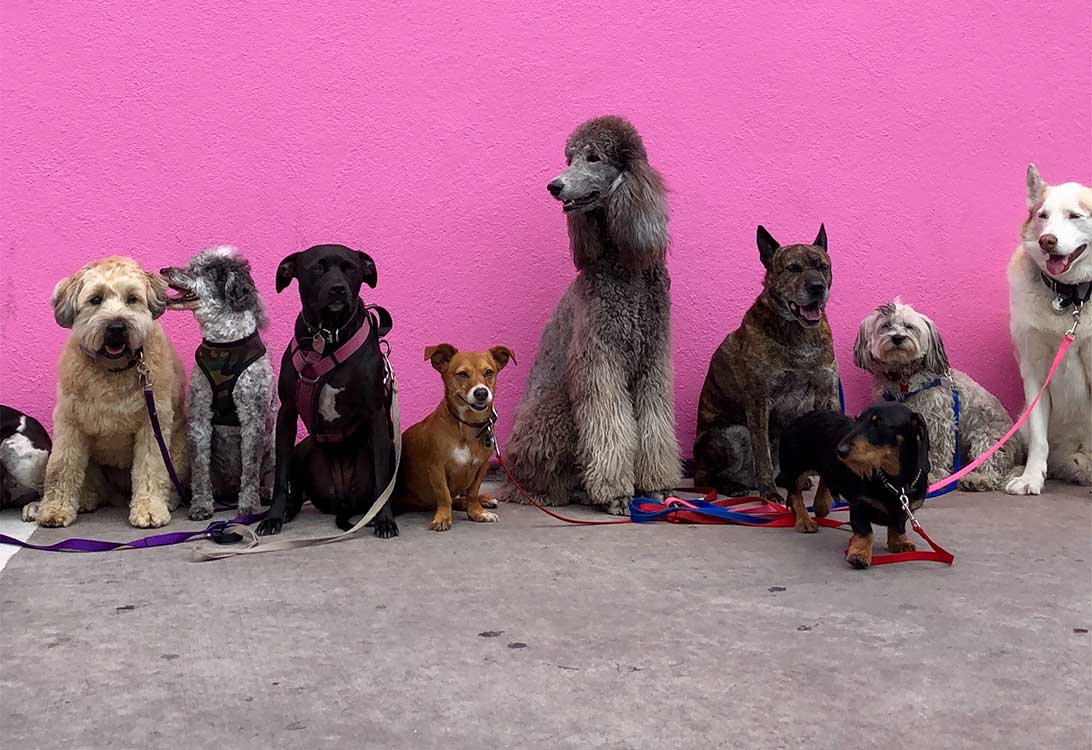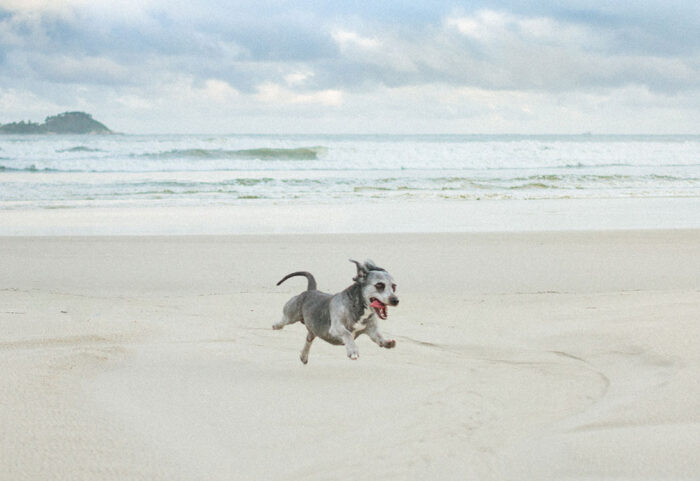Is Your Dog a Good Fit for Doggy Daycare?

Doggy daycare is a godsend for many pet parents. A lot of dogs, particularly very active ones, simply can’t (or shouldn’t) be left alone for 8-10 hours a day while their owners are at work.
Considering enrolling your dog in a doggy daycare center in your area? Here’s how to know whether the facility and even the concept are a good fit for your pup.
Your Dog Has Boundless Energy
The kind of dogs that thrive in doggy daycare settings are those with energy to burn. Young dogs, large dogs, and sporting dogs tend to do very well in daycare settings. Being in daycare allows energetic dogs to get their wiggles out without destroying your furniture or requiring you to go on a 10-mile run when you get home from work everyday.
Your Dog is Highly Social
One of the most obvious disqualifiers for pet parents considering daycare is a dog who doesn’t like to be around other dogs. Some pups are an open-and-shut case: You shouldn’t force a 10-year old dog whose never been around other dogs in their life into all-day communal daycare. There are some dogs, though, who can really blossom socially in the daycare setting. If your dog is simply timid, not actually frightened to the point of aggression or shaking around other dogs, being around the same pack day-in and day-out can be just what they need to break out of their shell. You’ll know pretty quickly whether your dog is simply shy or not a good fit for a multi-dog daycare.
Your Dog is Slightly Overweight
Listen, dogs get lazy. People do too! Very few dogs get the recommended amount of exercise they need which is why a full 50% of American dogs are overweight or obese. If your dog isn’t all that interested in at-home exercise, doggy daycare could be just the spark they need. For a dog, playing in a pack doesn’t feel like exercise – it’s fun!
Your Dog is Healthy
Immunocompromised dogs should usually avoid doggy daycares. Just like human daycares, dog facilities are hotbeds of viruses and germs that are simply impossible to avoid. Even with regular, thorough cleanings (which your daycare should absolutely be doing!) dogs are still sharing toys, water bowls, and bedding on a regular basis. It’s critical to keep your dog’s vaccinations up to date if they’re often around other dogs.
Likewise, remember that a high-needs dog isn’t always the best fit for a daycare setting. If your dog is medically or physically fragile, for example, or requires being hand-fed at mealtimes, you can’t expect the staff at a busy doggy daycare to give them the attention they need and deserve every day. You’re better off looking for an in-home dog watching service that will truly focus on your dog and your dog only.
Things to Consider:
- Doggy daycares vary widely in size and scope. Do your due diligence to check out small, in-home daycares, medium-sized 10-18 dog daycare centers, and large, 20+ dog centers to see which feels best.
- Your dog may not need – or want! – to go to daycare every day. For some dogs, 2-3 days a week of daycare activity is enough exercise and stimulation to get them through.
- Not all daycares are created equal. Trust your gut when it comes to vetting your preferred facility and don’t hesitate to ask questions, observe during the day, or talk to management about what you need. When in doubt, take your dog out. Is your dog ready for doggy daycare?


